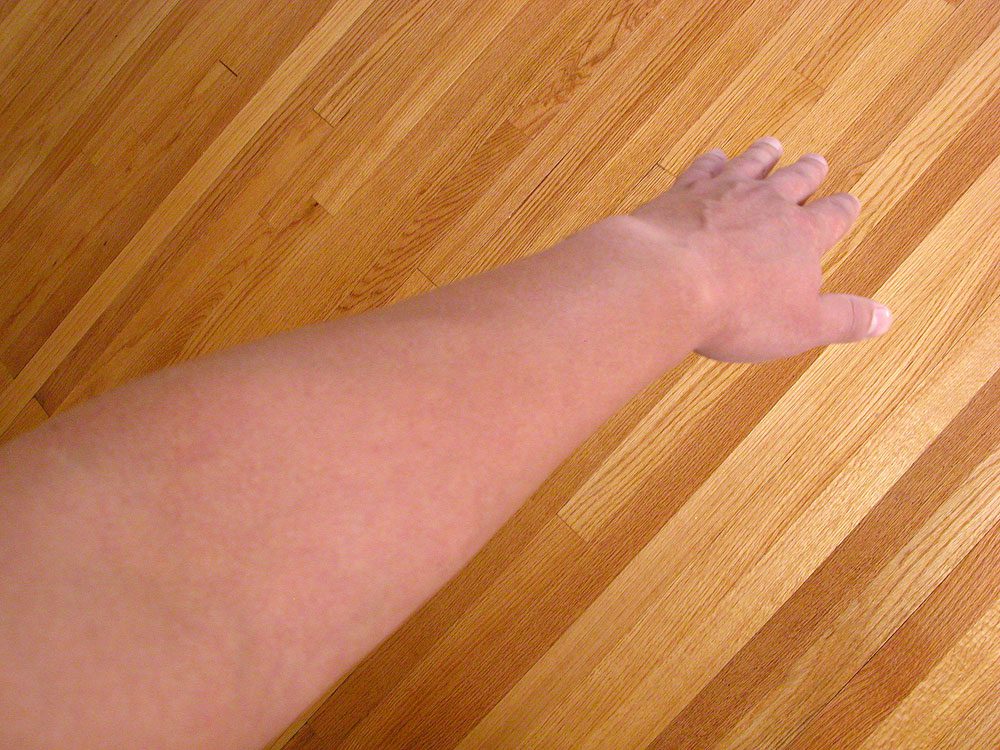
Have you ever experienced your arm falling asleep for no reason? This can be a strange and unsettling sensation, but it is quite common. In most cases, it is not a cause for concern, but it can be a symptom of an underlying medical condition. In this article, we will explore the causes and treatment options for arm falling asleep for no reason.
What is Arm Falling Asleep?
Arm falling asleep is a sensation of numbness and tingling in the arm, usually accompanied by a feeling of weakness or heaviness. This occurs when the blood flow to the arm is restricted or compressed, causing nerve damage. The medical term for arm falling asleep is paresthesia.

Causes of Arm Falling Asleep For No Reason
There are several causes of arm falling asleep for no reason, including:
1. Poor Circulation
When blood flow to the arm is restricted or reduced, it can cause arm falling asleep. Poor circulation can be caused by a variety of factors, including smoking, obesity, and certain medical conditions such as diabetes and hypertension.

2. Pinched Nerve
A pinched nerve in the neck or shoulder can cause arm falling asleep. This can be caused by a variety of factors, including poor posture, repetitive motions, and injuries.

3. Carpal Tunnel Syndrome
Carpal tunnel syndrome is a common condition that can cause arm falling asleep. It occurs when the median nerve in the wrist is compressed or pinched, causing numbness and tingling in the hand and arm.

4. Raynaud's Disease
Raynaud's disease is a condition that causes the blood vessels in the fingers and toes to narrow, reducing blood flow and causing numbness and tingling in the arms and hands.

Treatment Options for Arm Falling Asleep For No Reason
The treatment options for arm falling asleep for no reason depend on the underlying cause of the condition. Some common treatment options include:
1. Exercise and Stretching
Regular exercise and stretching can help improve circulation and reduce the risk of arm falling asleep. This can include activities such as yoga, Pilates, and strength training.

2. Ergonomic Changes
Changes to your workspace or workstation can help reduce the risk of arm falling asleep. This can include adjusting your chair, keyboard, or mouse to reduce strain on your arms and shoulders.

3. Medications
Medications such as nonsteroidal anti-inflammatory drugs (NSAIDs) or corticosteroids may be prescribed to reduce inflammation and relieve pain associated with arm falling asleep.

4. Surgery
In severe cases, surgery may be necessary to relieve the pressure on the nerves causing arm falling asleep. This can include procedures such as carpal tunnel release or cervical spine surgery.

When to See a Doctor
If arm falling asleep is a frequent or persistent issue, it is important to see a doctor. This can help determine the underlying cause of the condition and ensure that appropriate treatment is provided.
Conclusion
Arm falling asleep for no reason can be a strange and unsettling sensation, but it is quite common. In most cases, it is not a cause for concern, but it can be a symptom of an underlying medical condition. If you experience arm falling asleep frequently or persistently, it is important to see a doctor to determine the underlying cause and ensure that appropriate treatment is provided.